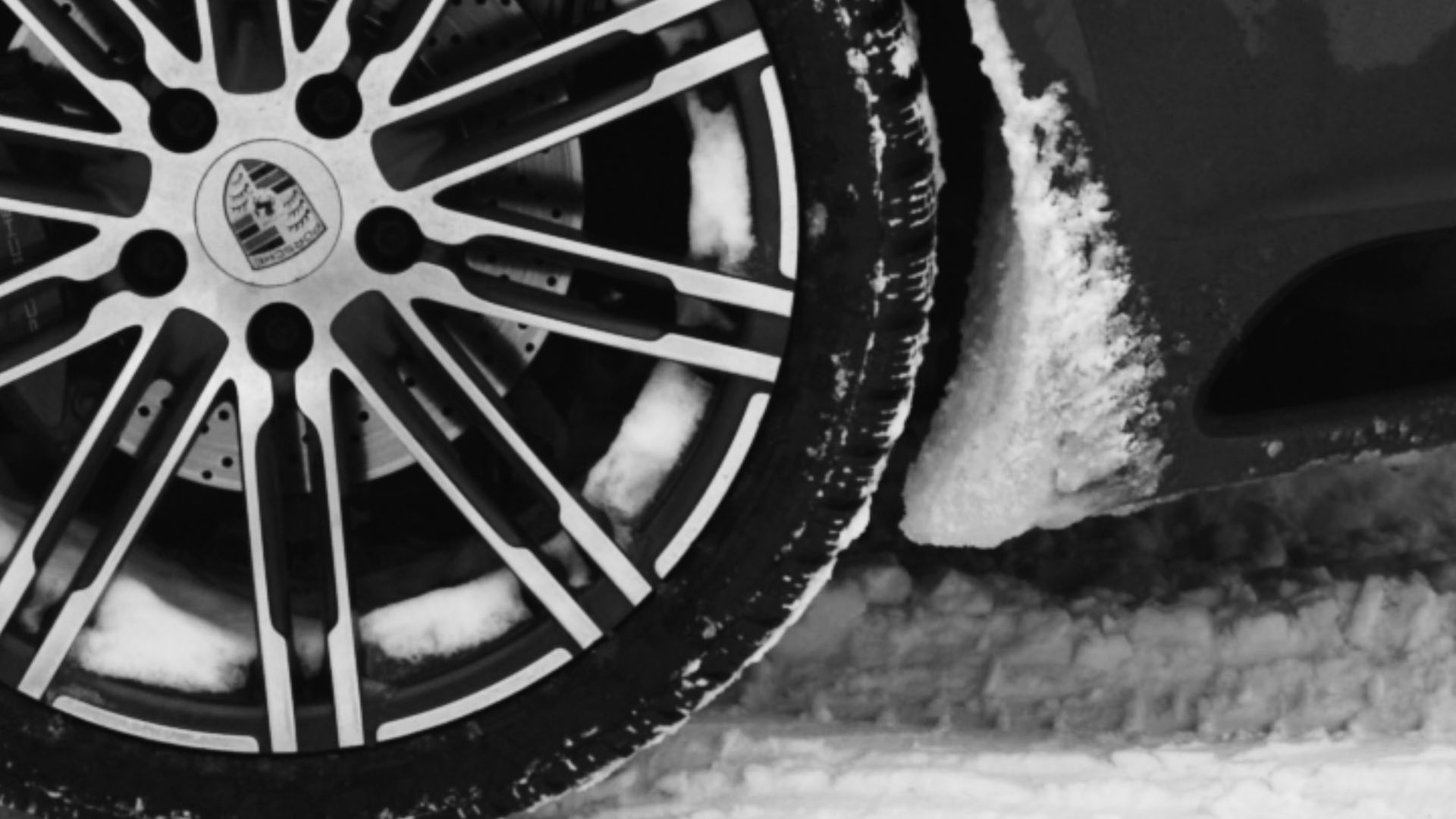Winter in Kelowna: Winter Tires VS All-Season Tires
Winter in Kelowna. It’s wet, slushy, icy and unpredictable. The white stuff has fallen once again and if you drive your vehicle year round you’ll want to make sure you have the right tires for all of Mother Nature’s moods. One of the biggest debates during the milder months, like we’ve just gone through, is winter tires vs all-season tires. So we wanted to outline some of the differences for you here, so you have a good understanding moving forward.
Winter Tires
- Winter tires can provide enhanced braking performance in snowy & icy conditions.
- These tires perform well in all winter conditions – snow, ice, slush, wet and cold, dry roads.
- Winter tires feature tread designs specifically made for ice, snow and other severe winter conditions.
- They have specially formulated tread rubber that stays flexible at low temperatures for better vehicle control.
- The aggressive tread on a winter tire reduces snow build up.
- Required for Highway driving as of October 1st, including Highway 97.
All-Season Tires
- All-season tires are designed to help provide traction and grip in wet conditions.
- They are made to help provide stable handling and even tread-wear in both wet and dry conditions.
- They have specially formulated tread rubber that stays flexible at low temperatures for better vehicle control.
- Although all-season tires offer traction in a variety of different weather conditions, winter tires surpass them when it comes to traction on snow and ice.
Now that may seem pretty cut and paste but here are some interesting facts to consider when driving during winter in Kelowna:
- On a snowy road, a vehicle wearing winter tires has a 38% less chance of being involved in a collision than a vehicle wearing all-season tires. The fact that the winter tire’s stopping distance is 38% shorter than an all-season tire under the same conditions probably has a lot to do with it.
- A winter tire’s tread is made of a much softer compound, so it remains pliable well below the freezing point, which helps maintain the desired level of grip. Its open, aggressive tread pattern also means it has the ability to bite into the snow and keep the tread clear.
- Finally, the term “all-season” doesn’t mean the tire has great performance all year round. It means that the tire is a compromise. The designer traded wet grip to gain some mobility in the snow giving drivers tires that provide adequate year-round performance while saving them the trouble of changing their tires before and after the winter. But “some mobility in snow” is not the same as “good grip in snow.”
Snow traction on all-season tires varies from great to almost none. And an all-season tire has less damp-road grip than an otherwise equal summer tire from the same manufacturer. So winter is the only season when an all-season tire offers more traction than a summer tire.
If you’re still debating winter tires vs all-season tires, contact Motor Werke’s team today and we’ll give you the best advice to help keep you safe (and legal) all winter long.





